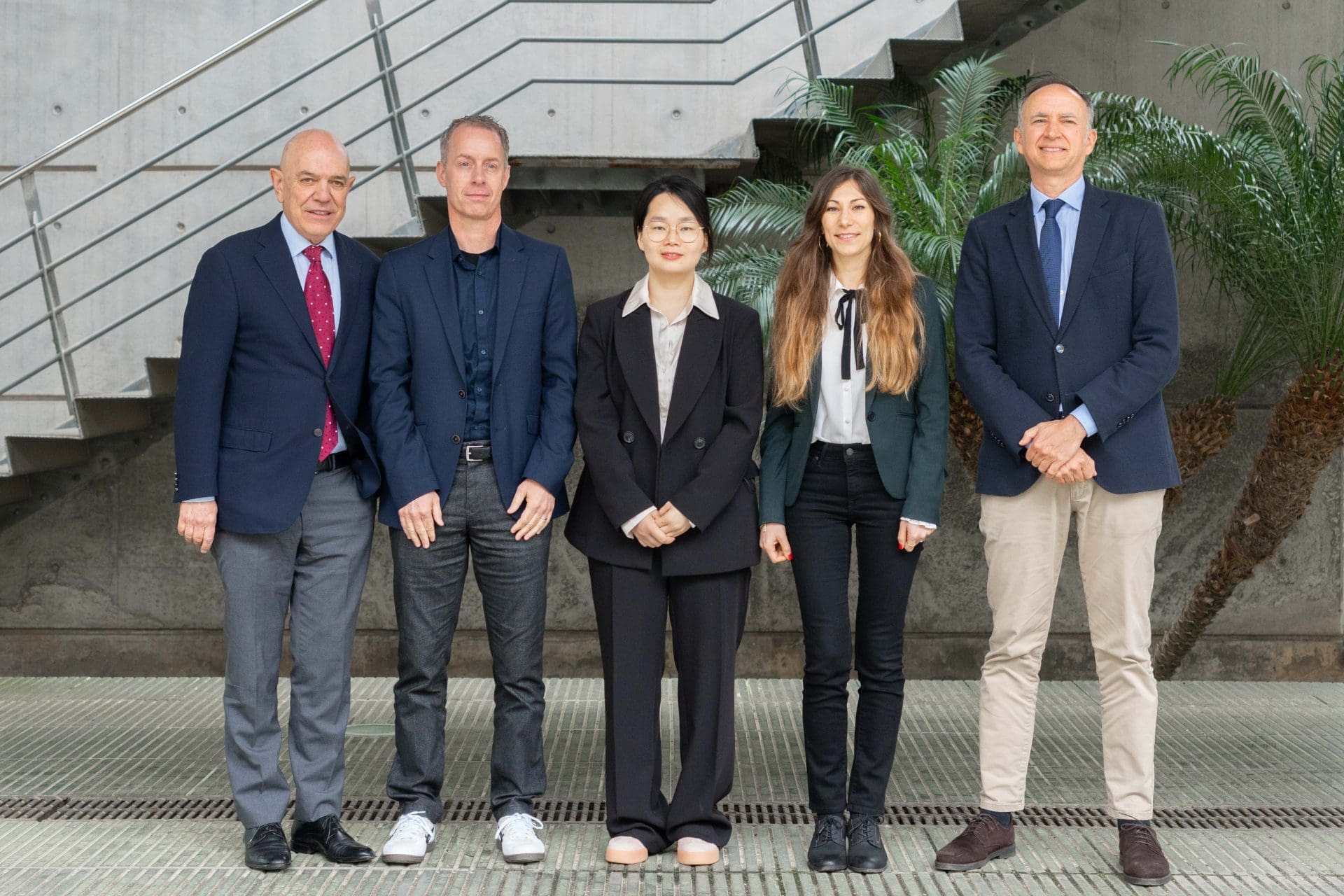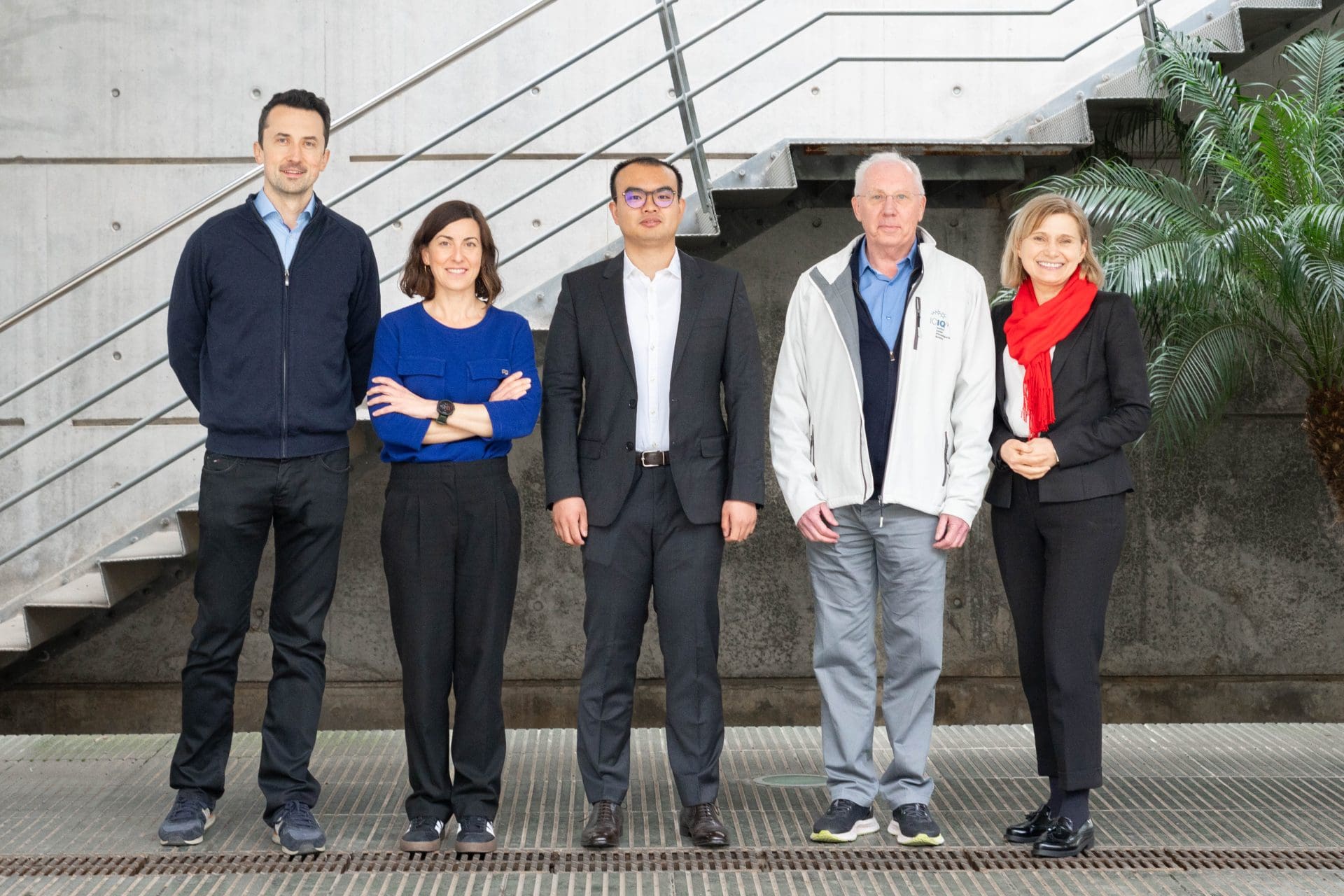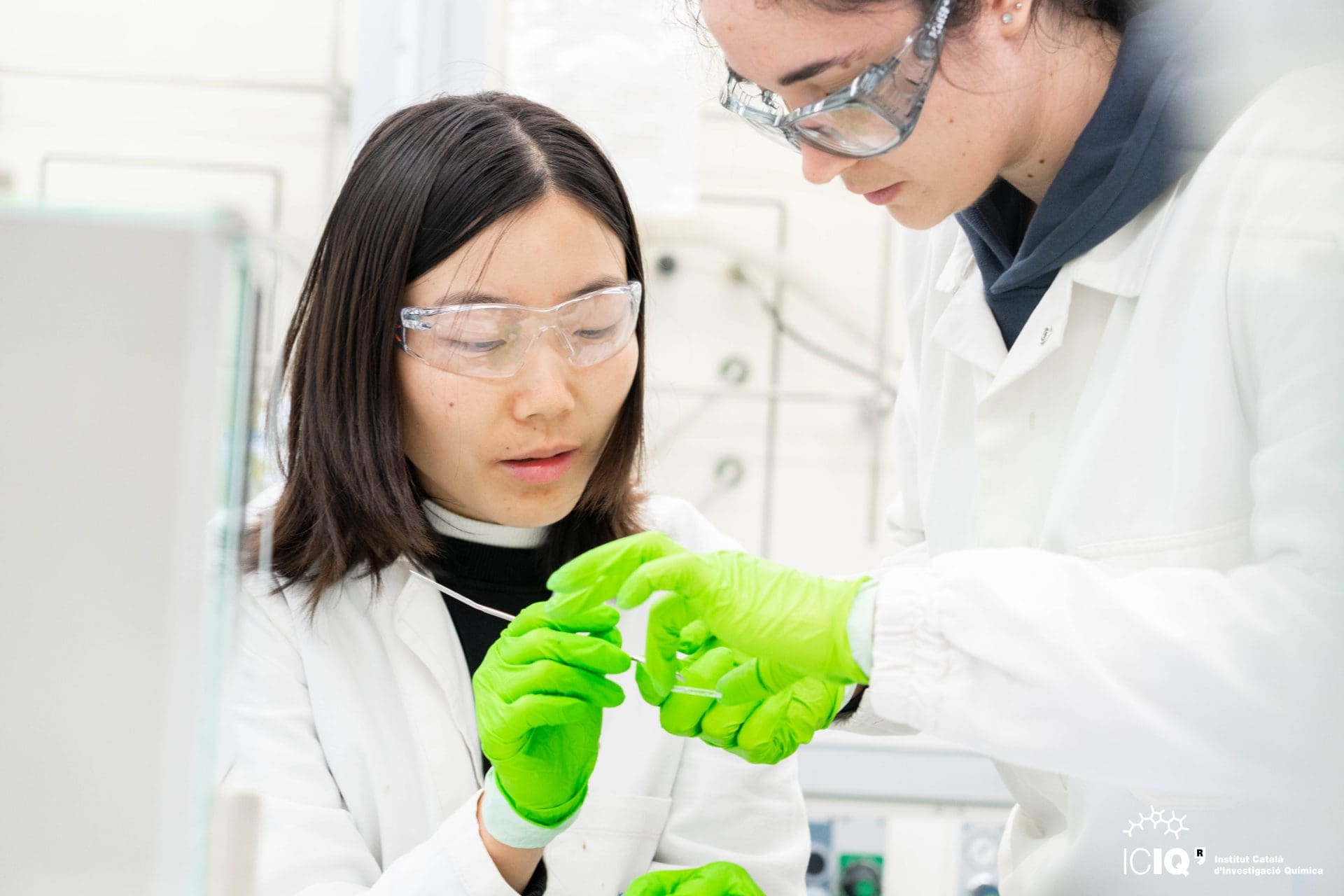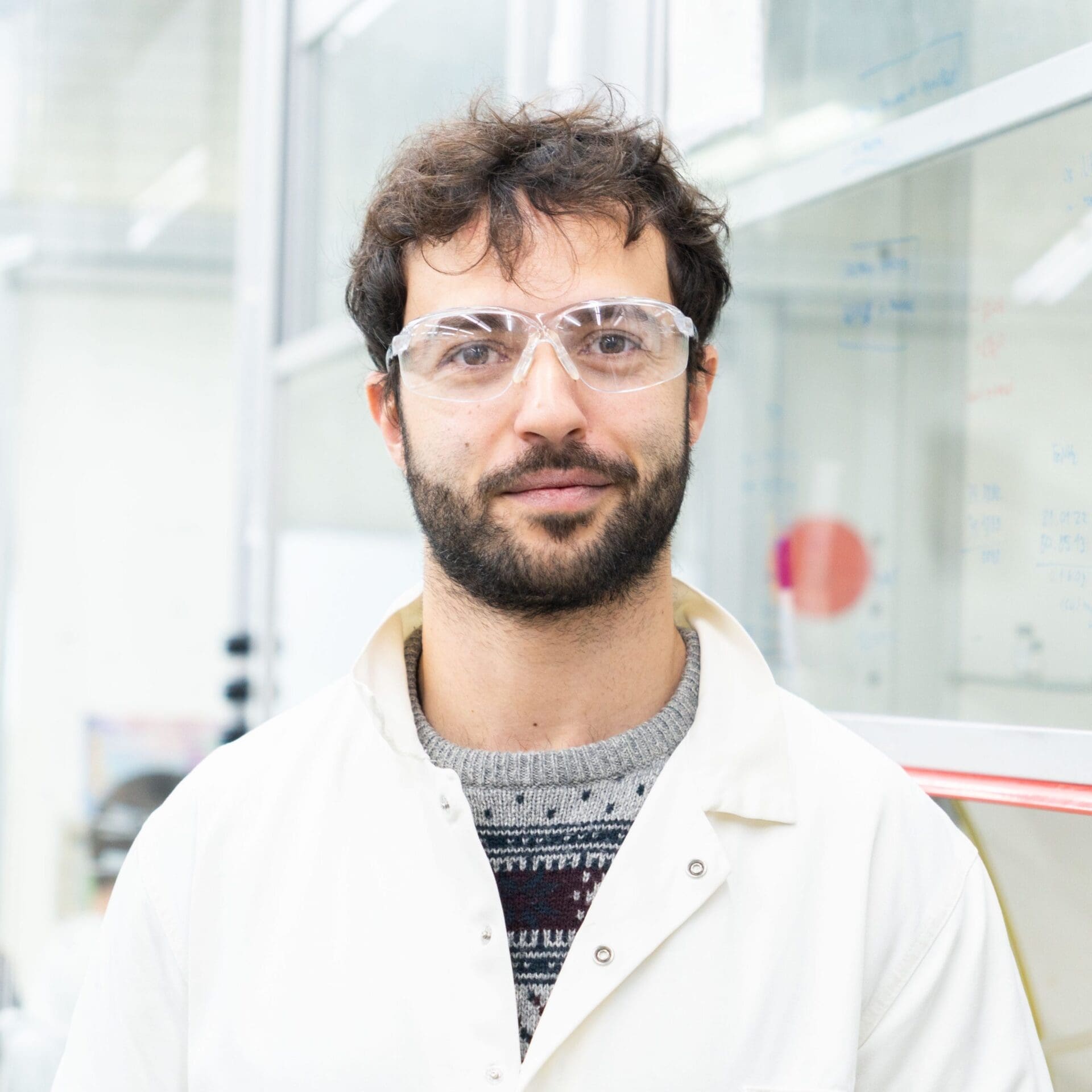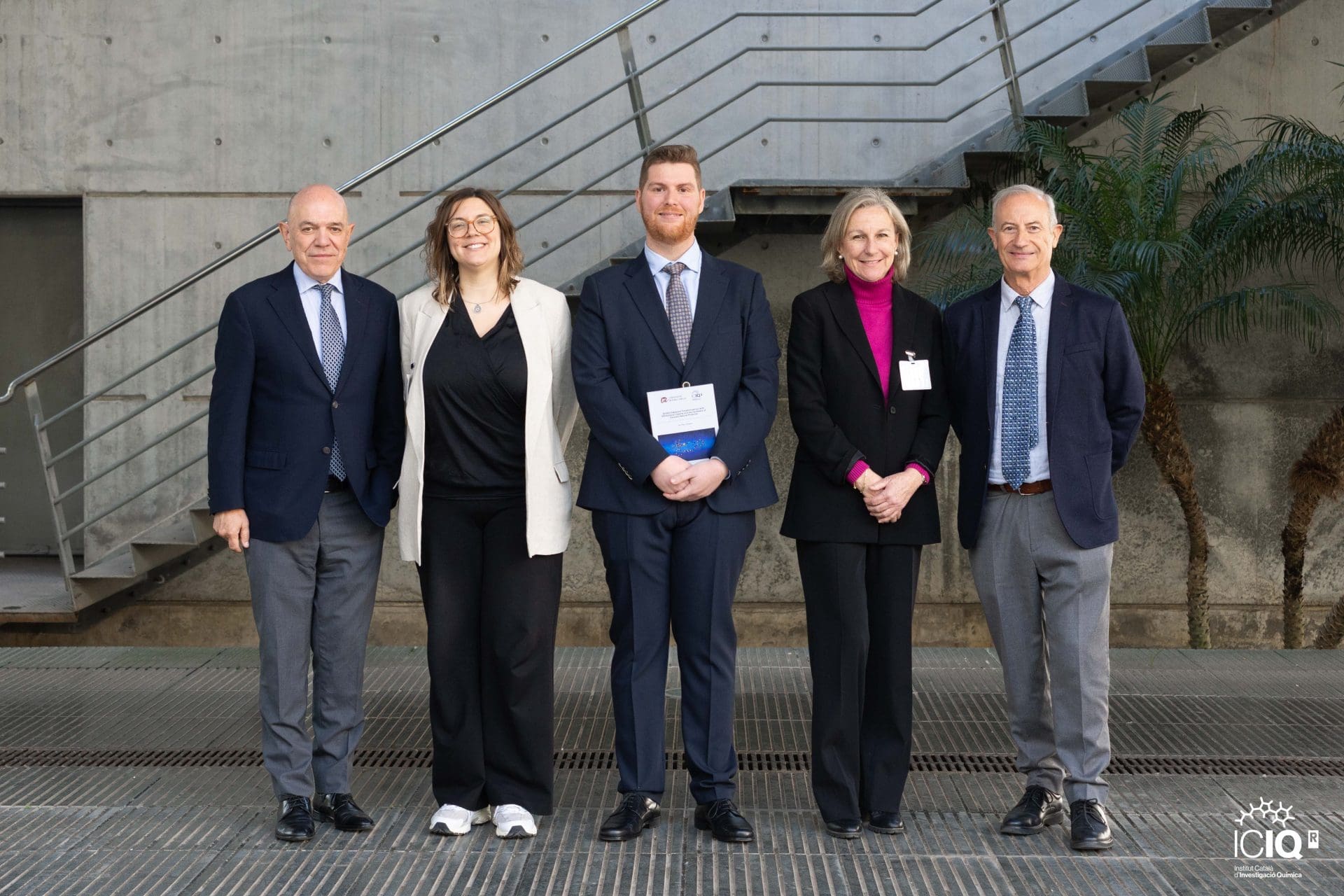Congratulations Dr. Romero!
20th March 2017 – Martín Romero, PhD student under the supervision of Prof. Kilian Muñiz (ICIQ), has defended his PhD Thesis entitled
“Development of Hypervalent Iodine(III)-Mediated Chemical Reactions”‘ (assigned to the Analytical and Organic Chemistry Department of the Universitat Rovira i Virgili) publicly on March 17th at the ICIQ Auditorium.
The members of the evaluation committee were: Prof. Miquel À. Pericàs (ICIQ), Prof. Jérôme Waser (Institute des Sciences et Ingénierie Chimiques (EPFL) and Prof. Pedro J. Campos García (Universidad de la Rioja)
Abstract
Hypervalent iodine(III) reagents represent a powerful tool for the realisation of different metal-free oxidation reactions. Mechanistic studies including physical-organic control experiments concerning the oxidative iodine(III)-mediated intermolecular diamination of alkens were carried out, demonstrating the veracity of previous DFT calculations. This information provided crucial insight for the development of a pioneering iodine(III)-catalysed enantioselective diamination of styrenes. The design of a novel chiral iodine catalyst based on lactic acid as economic chiral information source represents the key accomplishment. Catalyst optimisation involves a crucial electrondensity enhancement at the iodine core and a secondary amide motive in the chiral lactate side chain. Among different terminal oxidants, conventional mCPBA emerged as the most efficient one leading to good yields and unprecedented enantioselectivities of above 90% ee. The scope of the reaction comprises terminal and internal alkenes within the styrene motif. It represents the state of the art in asymmetric diamination of alkenes. In an additional study, a novel carbon-boron bond formation was accomplished. Here, borylation of diaryliodonium salts was encountered feasible upon identification of a suitable counterion in the diaryliodonium reagent. By generating an in situ umpolung at the boron centre, its arylation by the hypervalent reagent becomes viable. To this end, different diaryliodonium acetates were synthesised, thereby successfully demonstrating a broad applicability of this new methodology regarding the transferable aromatic group. This protocol adds to the still scarce number of economic borylation reactions under metal-free conditions.
Related news

Let's create a brighter future
Join our team to work with renowned researchers, tackle groundbreaking
projects and contribute to meaningful scientific advancements
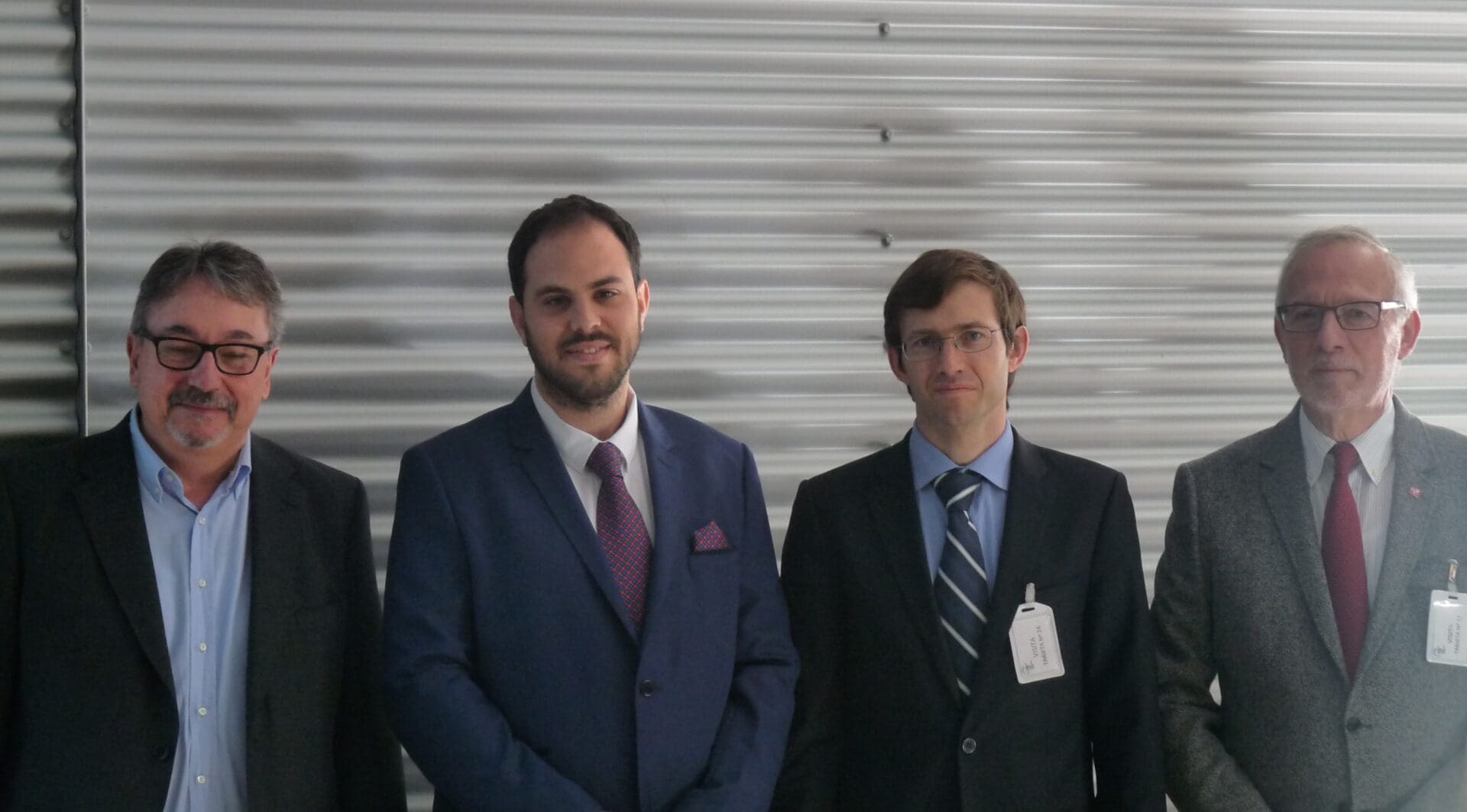





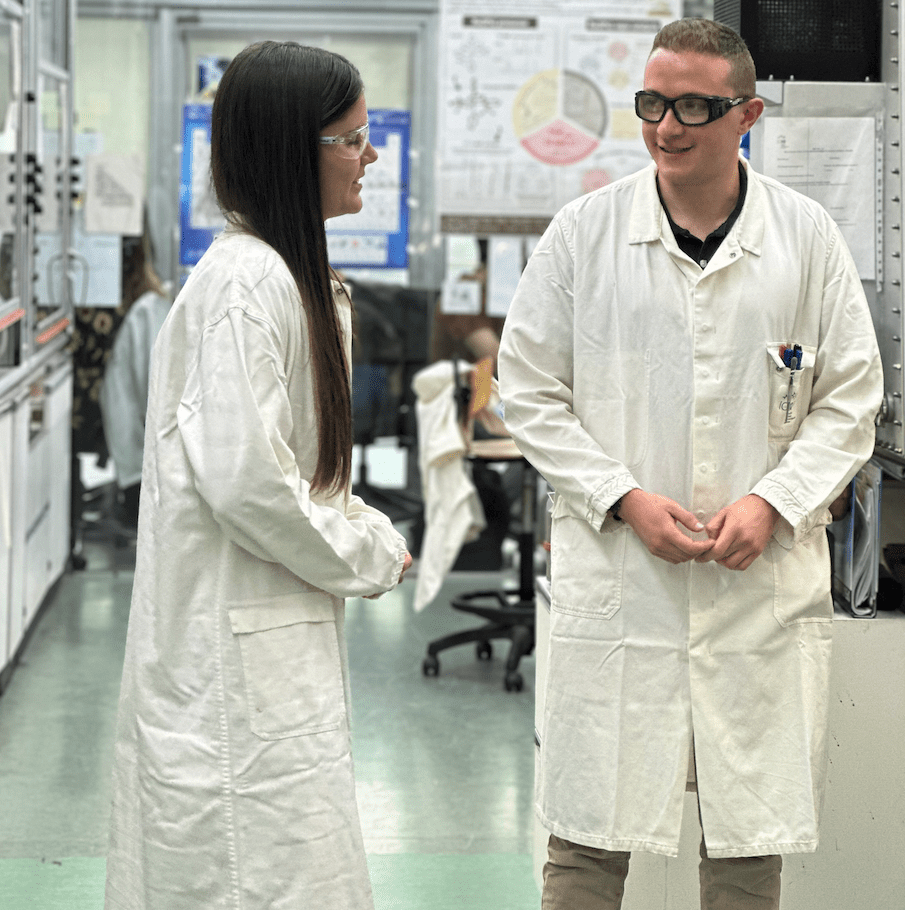
 14-03-2025
14-03-2025 
